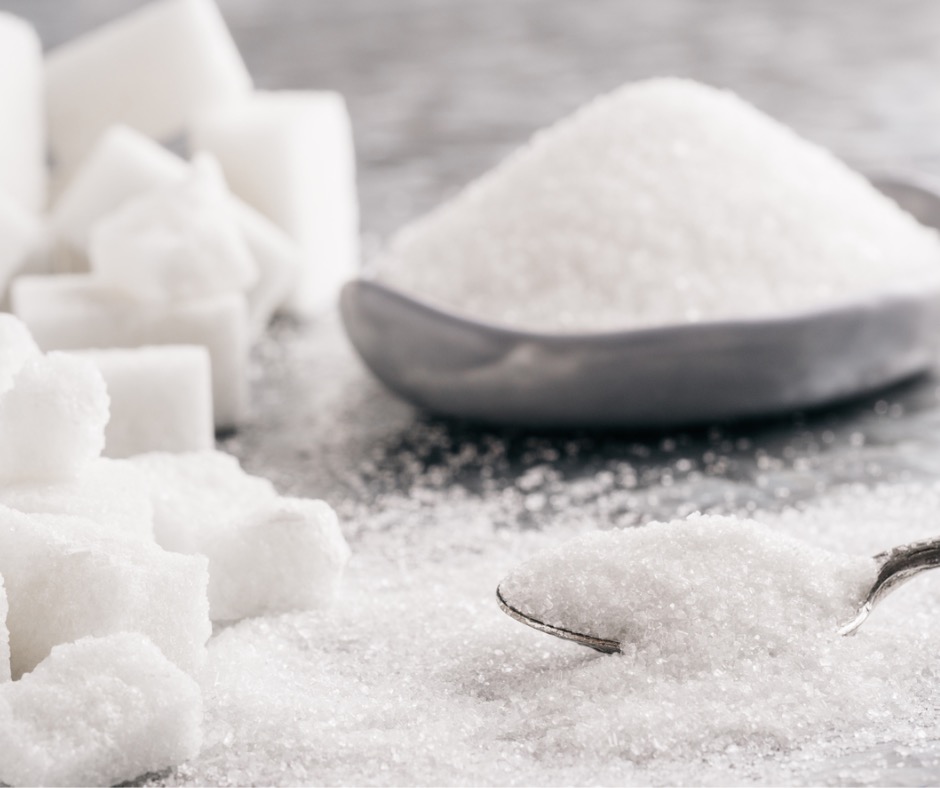
Sweet foods, and even just the taste of sweetness, contributes to relapse from substance abuse. Dietary interventions play an important role in recovery from a decade of epidemic opioid abuse.
Long before I became a nutrition professional I worked in a residential drug recovery program. Everyone in recovery drank lots of coffee with lots of sugar and smoked a log of cigarettes. Thirty years ago, we had no idea how these behaviors undermined the recovery of our clients.
Today, multiple research studies demonstrate that sugar stimulates two brain factors that are also stimulated with drug use. D-1, dopamine (the reward factor) and Mu-1 the opioid receptor in the brain are similarly stimulated by both sugar and addictive drugs. At the same time, acetylcholine (the satiety response) is reduced, sometimes to elimination.
In addition, research studies have shown that the withdrawal symptoms from sugar has the same physical response, teeth chattering, anxiety and imbalance, as withdrawal from addictive drugs.
This overlap between mechanisms mediating drug reward and palatable food reward have significant implications for maintaining painfully achieved sobriety. In short, activating the reward mechanisms in the brain with sweet foods can result in addictive drug cravings.
A diet low in sugar and sugar-like tastes and high in nutrients often depleted during addiction ranks high among the factors that support sobriety. Among the self-care skills required for recovery is learning how the recovery client can nourish themselves for long-term success.
In this epidemic of opioid abuse, the nutrition professional has become an essential member of the recovery team. To view research citations, visit the blog at www.wellbelly.net/blog
Supporting Research:
https://onlinelibrary.wiley.com/doi/full/10.1038/oby.2002.66
https://www.sciencedirect.com/science/article/pii/S0149763407000589
https://www.nature.com/articles/ijo200973
https://www.sciencedirect.com/science/article/abs/pii/S0306452205004288
https://www.sciencedirect.com/science/article/abs/pii/S0306452205015034
https://www.sciencedirect.com/science/article/abs/pii/S0031938408000103

